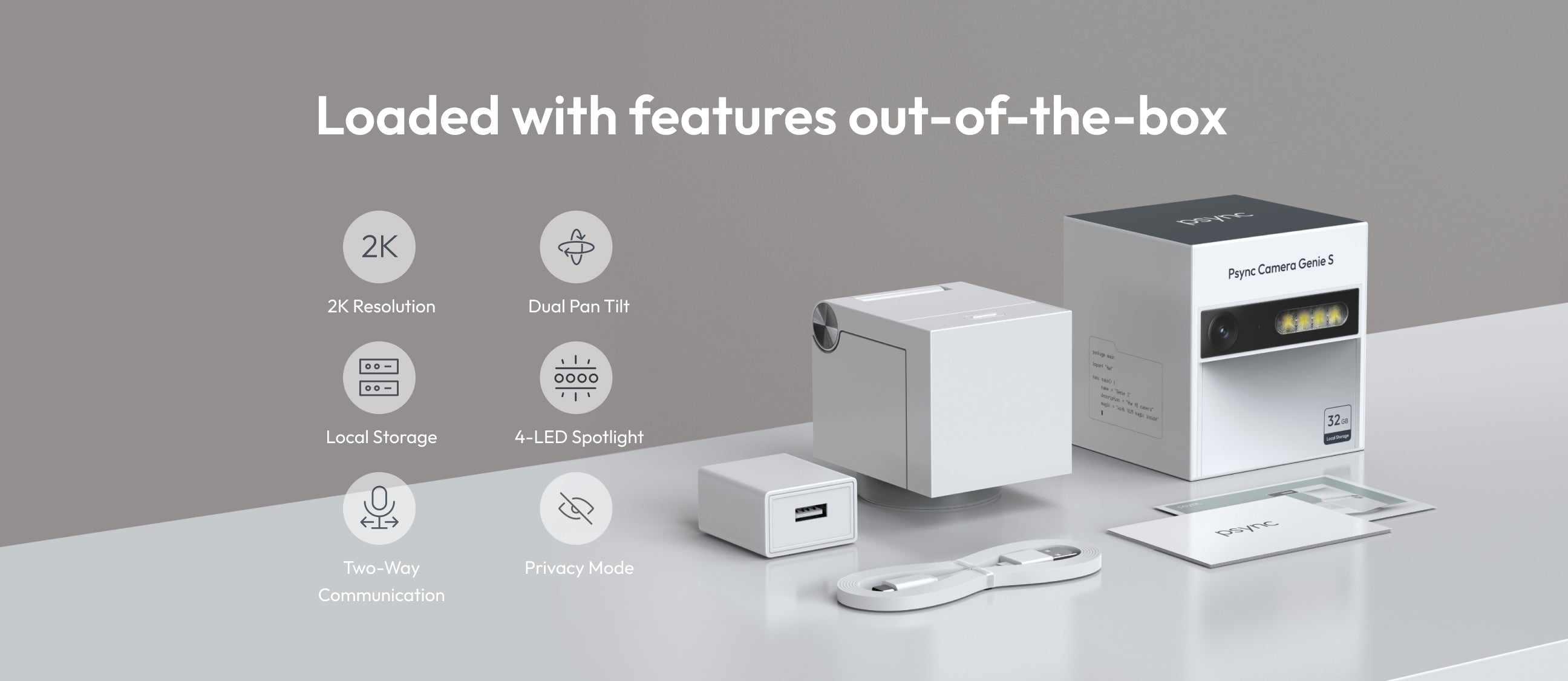Surveillance technology has come a long way in recent years, and the integration of artificial intelligence (AI) has revolutionized the security industry. AI cameras, equipped with advanced algorithms, are changing the landscape of surveillance, offering unprecedented capabilities in threat detection, facial recognition, and behavioral analysis. In this article, we will explore the impact of AI cameras on the future of surveillance and how they are transforming the security industry.

Enhanced Threat Detection
One of the most significant advancements in surveillance technology is the ability of AI cameras to enhance threat detection. Traditional surveillance systems rely on human operators to monitor live feeds and identify potential security risks. However, AI-powered cameras can autonomously detect suspicious activities, such as unauthorized access, loitering, or perimeter breaches, and alert security personnel in real-time. This proactive approach to threat detection not only improves response times but also reduces the likelihood of security breaches.
Facial Recognition and Access Control
AI cameras are also revolutionizing access control systems through the implementation of facial recognition technology. By leveraging AI algorithms, these cameras can accurately identify individuals and grant or deny access based on pre-defined criteria. This not only enhances security by preventing unauthorized entry but also streamlines the authentication process for authorized personnel. In addition, AI-powered facial recognition can be used to track individuals of interest, providing valuable insights for law enforcement and security agencies.
Behavioral Analysis and Anomaly Detection
Another key area where AI cameras are transforming the security industry is in behavioral analysis and anomaly detection. These cameras can analyze human behavior patterns and identify deviations that may indicate potential security threats. For example, AI algorithms can detect unattended baggage in public spaces, abnormal crowd behavior, or individuals acting suspiciously. By leveraging machine learning and deep learning techniques, AI cameras can continuously learn and adapt to new scenarios, improving their ability to detect anomalies and mitigate security risks.
Integration with Smart Security Systems
AI cameras are not operating in isolation but are increasingly being integrated with smart security systems to create a comprehensive surveillance infrastructure. These systems can include a network of AI-powered cameras, access control devices, and centralized monitoring platforms that provide real-time insights and analytics. By harnessing the power of AI, these integrated security systems can automate routine tasks, optimize resource allocation, and provide actionable intelligence to security personnel. This seamless integration is redefining the way organizations approach security, enabling them to proactively identify and respond to potential threats.
In conclusion, the future of surveillance is being shaped by the transformative capabilities of AI cameras. From enhanced threat detection to facial recognition and behavioral analysis, these advanced surveillance tools are revolutionizing the security industry. As AI continues to evolve, we can expect further innovations in surveillance technology, ultimately leading to safer and more secure environments for individuals and organizations alike.







